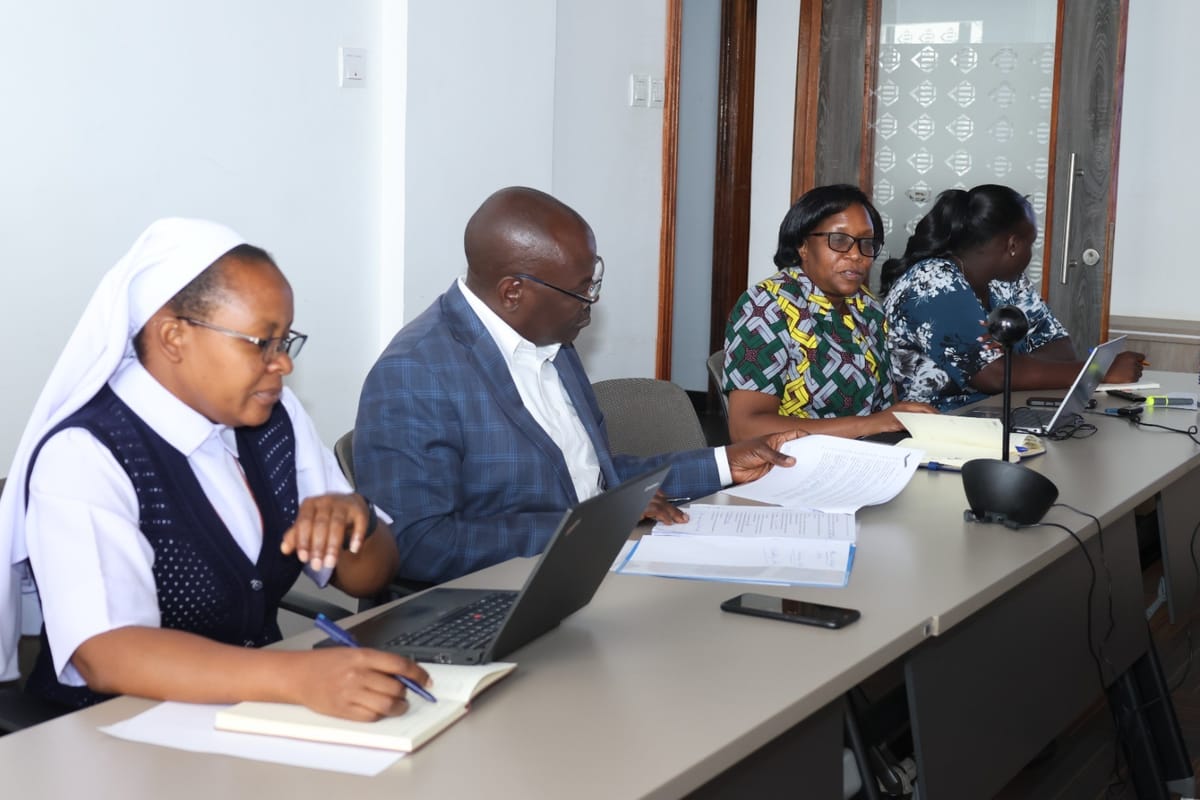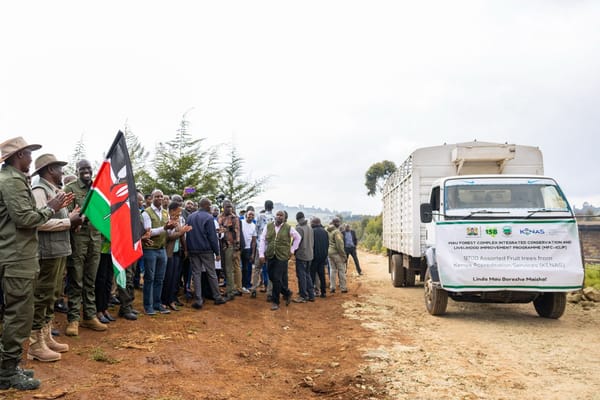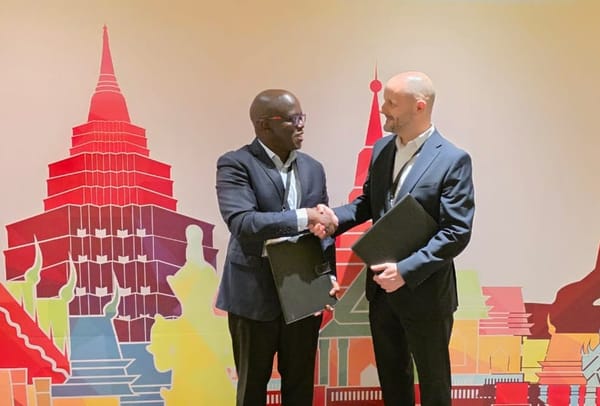Strengthening Fair Play in the Sports Sector: KENAS Develops Accreditation Criteria for Anti-Doping Laboratories

KENAS convened an anti-doping testing working group meeting to develop a comprehensive accreditation criteria document for anti-doping laboratories. This initiative brings together key stakeholders, including government regulators, research & academia, industry players, and direct & indirect clients, to ensure the guidance document, "Criteria for the Accreditation of Anti-Doping Laboratories," is robust, technically accurate, and aligned with international best practices.
Why Anti-Doping Testing Accreditation Matters
Kenya is globally recognized as a powerhouse of athletic talent, producing world-class runners and hosting international athletes who come to train in the country’s high-altitude regions. With this reputation comes the responsibility to uphold integrity in sports through reliable anti-doping measures.
Anti-doping testing ensures that athletes compete on a level playing field, free from performance-enhancing substances. Accreditation of anti-doping laboratories by KENAS, in alignment with World Anti-Doping Agency (WADA) standards, will enhance the credibility of local testing, reducing the need for athletes to travel abroad for testing — a process that can be costly and time-consuming. Once accredited, the test results from local laboratories will be globally recognized, giving athletes confidence that their results are valid and accepted worldwide.
The Importance of Scheme Development
The development of the "Criteria for the Accreditation of Anti-Doping Laboratories” is part of KENAS’s broader scheme development efforts. In accreditation, a scheme is a structured framework that outlines the standards, policies, and procedures that organizations must meet to be accredited. Scheme development is crucial to ensure that accreditation is consistent, reliable, responsive to evolving industry needs and adopted to the operational environment. In this case, KENAS is working through a series of consultative meetings with stakeholders to finalise the guidance document.
A Commitment to Clean, Fair Sports
The working group meetings mark the start of a transformative journey for Kenya's sports industry. By investing in local accreditation capacity, KENAS is laying the foundation for a future where Kenyan and regional athletes can access world-class testing services right at home — enhancing trust, saving costs, and reinforcing Kenya’s standing on the global stage.
As consultations progress, KENAS remains committed to integrating stakeholder feedback, aligning with WADA requirements, and finalizing an accreditation framework that will safeguard the spirit of fair competition for years to come.



